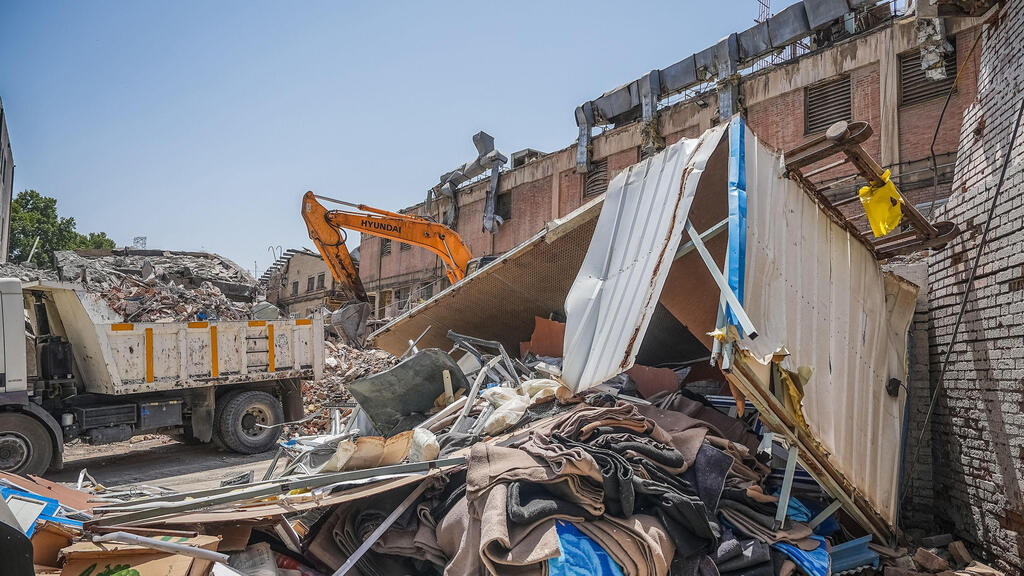An Israeli airstrike on Iran’s capital last month killed five inmates at Evin prison and resulted in the escape of several others, Iranian media reported Saturday.
The semi-official ILNA news agency and other Iranian media quoted a spokesman for Iran’s judiciary saying that the five inmates killed in the June 23 strike had been convicted on financial offenses. The spokesman didn’t name the victims or give any further details.
Evin prison in Tehran after the attack
(Video: AP)
The judiciary’s own news website, Mizanonline, quoted spokesman Asghar Jahangir as saying only that a “small number” of inmates were killed. He added that an “insignificant number of inmates” had also escaped and that authorities had or would soon bring them back into custody.
Jahangir said no one serving time at Evin prison for working with Israel’s spy agency Mossad was injured in the attack.
Iranian authorities last month put the death toll from the air strike at 71. But Iranian media later raised that number to 80 including staff, soldiers, inmates and visiting family members.
After the attack, Iran announced that it had transferred prisoners from Evin Prison to other prisons in the capital area. Iranian media also reported that two unexploded missiles were found near the prison.
The Defense Ministry had said on the day of the airstrikes that 50 aircraft dropped 100 munitions on military targets “based on high-quality and accurate intelligence from the Intelligence Branch.”
After the prison attack, Israeli officials said: “We hit symbolic targets like Evin prison to encourage the escape of dissident prisoners. We lowered all the prison doors so they could escape, and we attacked the repressive arm of the Revolutionary Guards.”
The New York-based Center for Human Rights had criticized Israel for striking the prison – seen as a symbol of repression of any opposition – saying it violated the principle of distinction between civilian and military targets.
Evin Prison was established in 1971, when Iran was ruled by Shah Mohammad Reza Pahlavi, and political prisoners were already being sent there. The facility continued to be used for this purpose after the Islamic Revolution in 1979.
The prison attack drew condemnation, including from French President Emmanuel Macron, who said the attack was “not at all related to the targets defined” by Israel.







